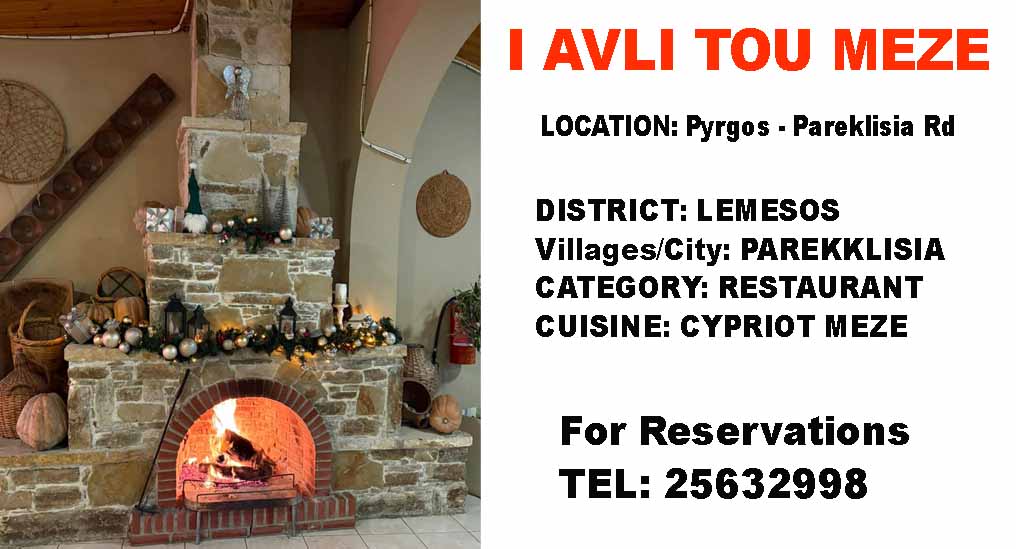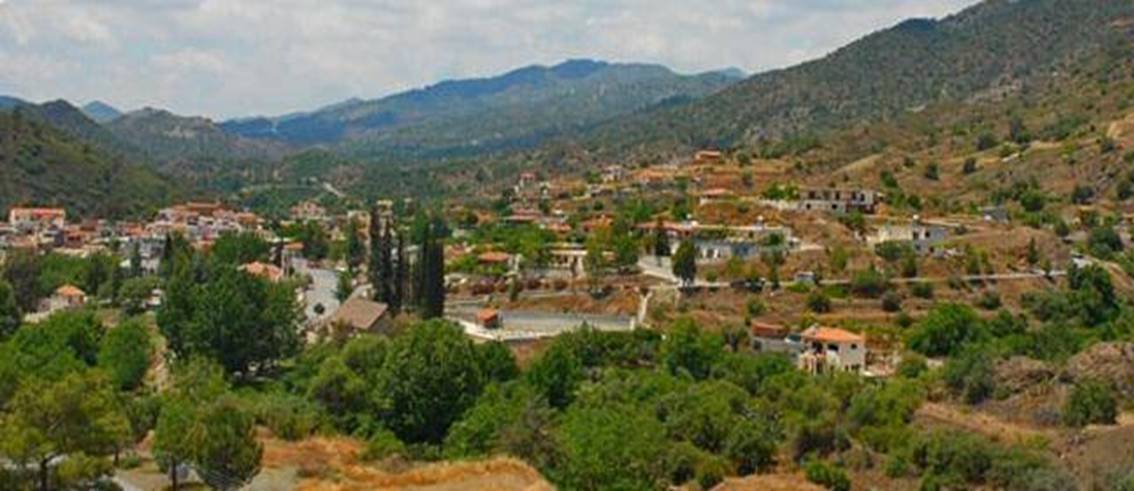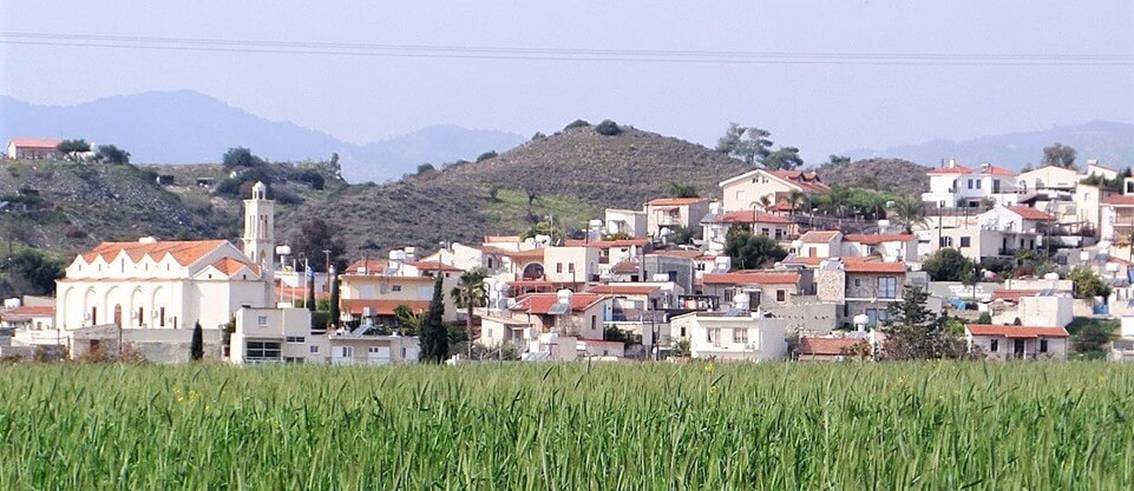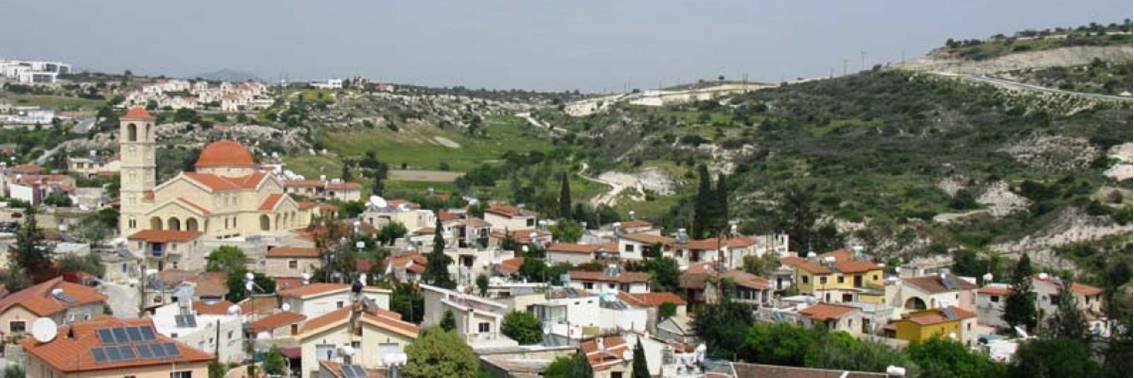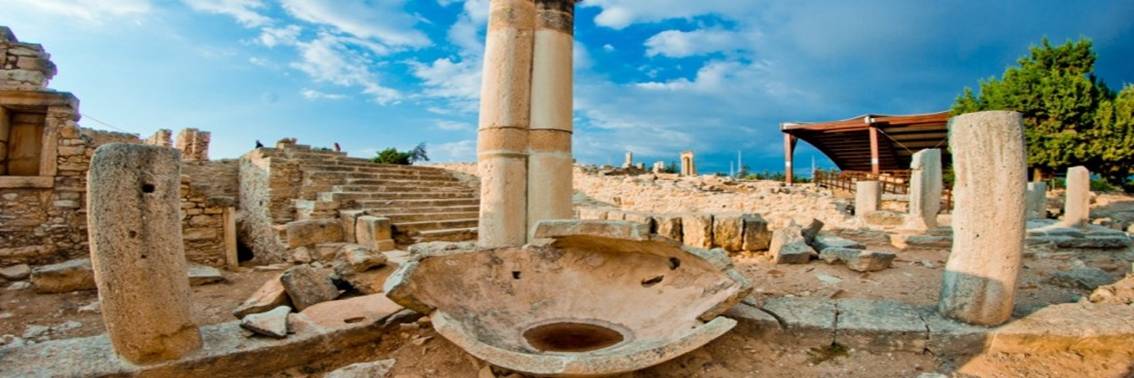Arakapas Village
The history of Arakapas village: Arakapas is a picturesque village nestled in the foothills of the Troodos Mountains in Cyprus. With its stone-built houses and narrow streets, the village has a rich history that reflects the island’s broader historical tapestry. Arakapas’s story is one of endurance, adaptation, and cultural continuity, with roots tracing back to ancient times.
Ancient and Medieval Origins
The history of Arakapas village is somewhat mysterious, like many Cypriot villages. The region has been inhabited since antiquity, and the area likely hosted ancient agricultural settlements. Cyprus, a crossroads of civilizations, saw influences from the Mycenaeans, Phoenicians, Greeks, and Romans. While no direct archaeological evidence links Arakapas to these periods, the continuity of human habitation suggests ancient roots.
The Byzantine Period
The history of Arakapas village: During the Byzantine period (4th to 12th centuries), Cyprus saw growth in rural settlements focused on agriculture. The island was a key producer of grain and wine for the Byzantine Empire. Arakapas may have been established or expanded during this time, benefiting from fertile land and stable Byzantine rule.
The medieval period, under the Lusignan dynasty (1192-1489) and later the Venetians (1489-1571), brought demographic and agricultural changes. Arakapas likely grew during this era, with olive cultivation becoming central to its economy.
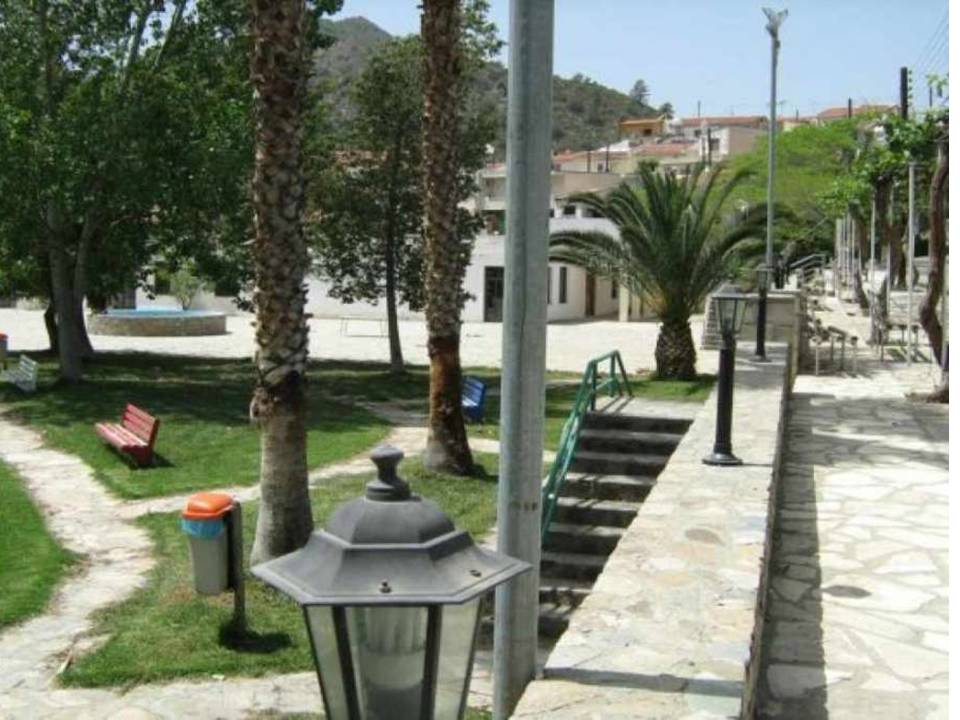
Ottoman Era
The Ottoman Empire conquered Cyprus in 1571, ruling for over three centuries. Arakapas thrived as an agricultural community under Ottoman rule. The Ottomans imposed a feudal system, with Turkish landowners collecting taxes from villagers. Despite heavy taxes, Arakapas maintained its traditions and way of life.
The village’s population was predominantly Greek Orthodox, reflecting broader island demographics. The church
played a central role in village life, serving as a place of worship, education, and cultural preservation. The Church of the Virgin Mary stands as a testament to the community’s enduring faith.
British Colonial Period and Modern Era
In 1878, Cyprus came under British rule, lasting until independence in 1960. The British introduced new agricultural techniques and infrastructure, modernizing the village economy. However, economic opportunities in cities led to migration from rural areas like Arakapas.
The 20th century brought challenges and changes. Arakapas, like much of rural Cyprus, faced socio-political upheavals, including the independence movement and intercommunal conflicts. Despite these struggles, the village retained much of its traditional character
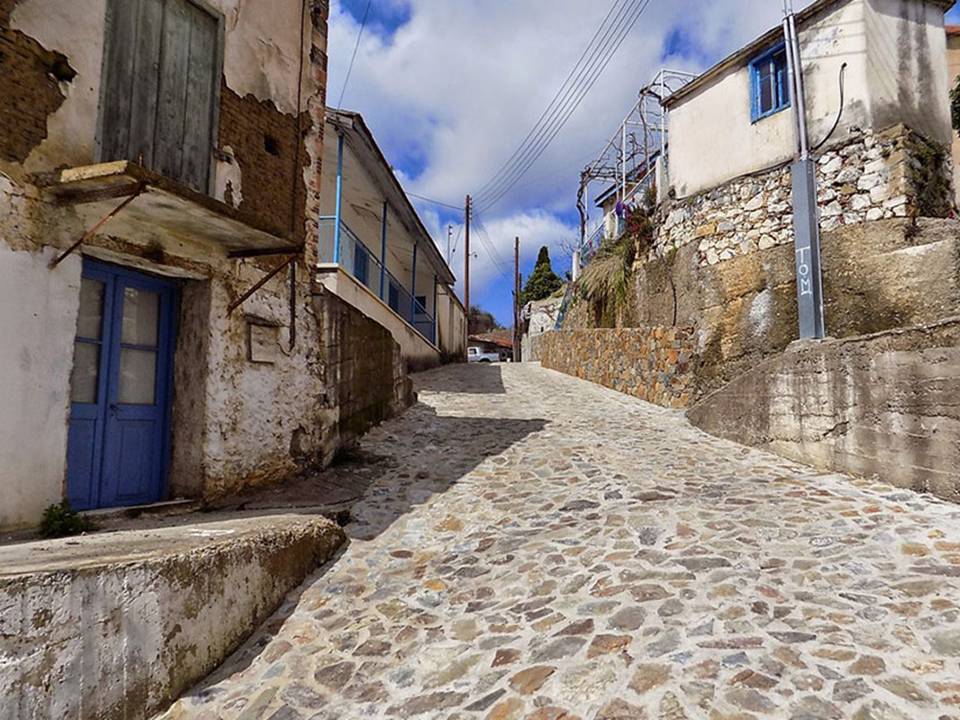
Contemporary Arakapas
Today, Arakapas is a serene village offering a glimpse into traditional Cypriot life. Its stone houses and winding streets reflect its past, while the surrounding natural beauty provides tranquillity. Agriculture, especially olive and citrus cultivation, remains vital to the village economy.
Arakapas Village Today
Recent efforts focus on preserving Arakapas’s cultural heritage. Local initiatives restore old buildings and promote traditional crafts. The village is also part of regional eco-tourism projects, aiming to sustain the local economy while protecting the environment and cultural landscape.
Arakapas stands as a testament to the resilience and adaptability of Cyprus’s rural communities. Its history, shaped by broader forces, also tells a story of local perseverance and cultural continuity. This makes Arakapas a unique and valuable part of the island’s heritage.
TELL THEM HOW YOU FOUND THEM. They like it.
